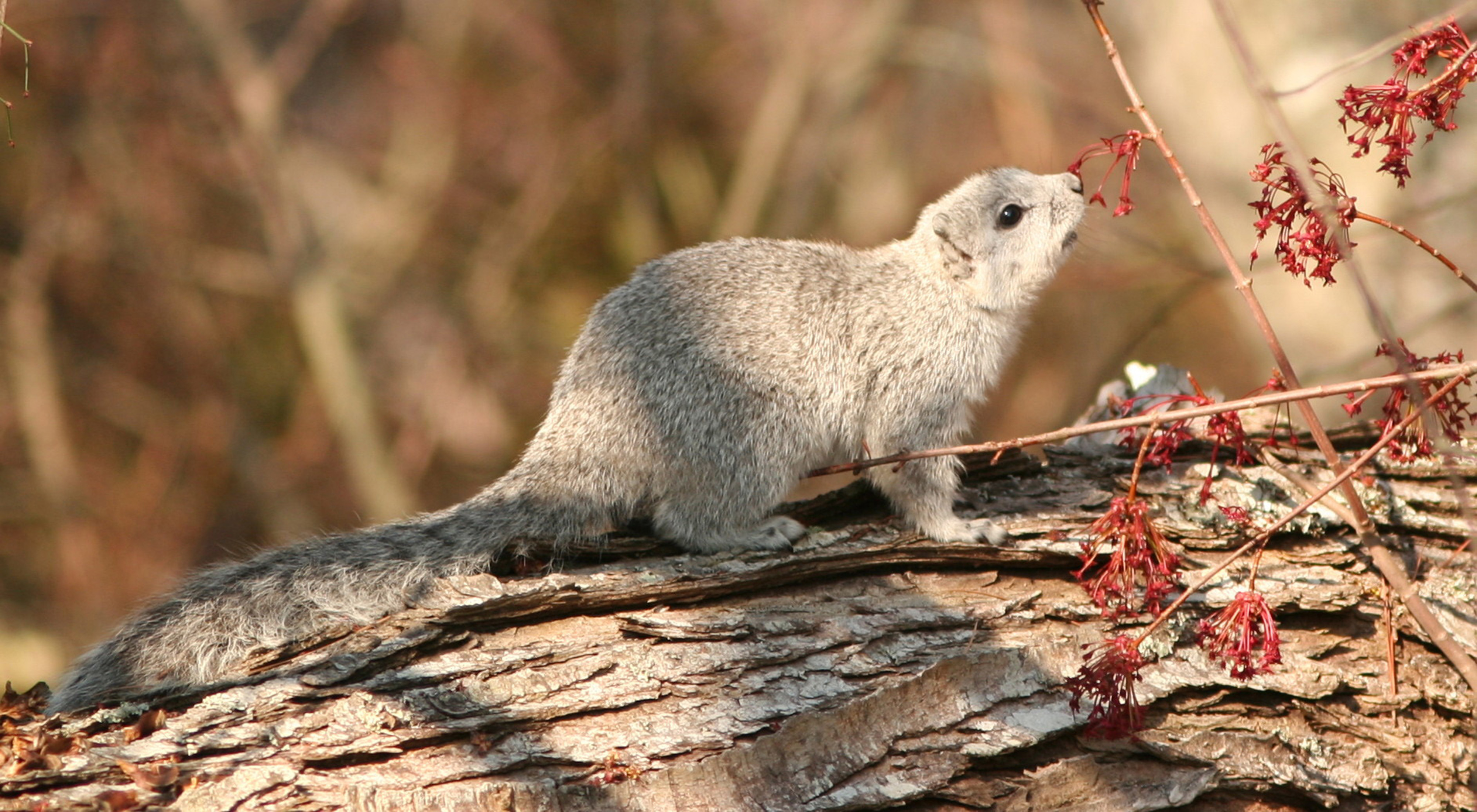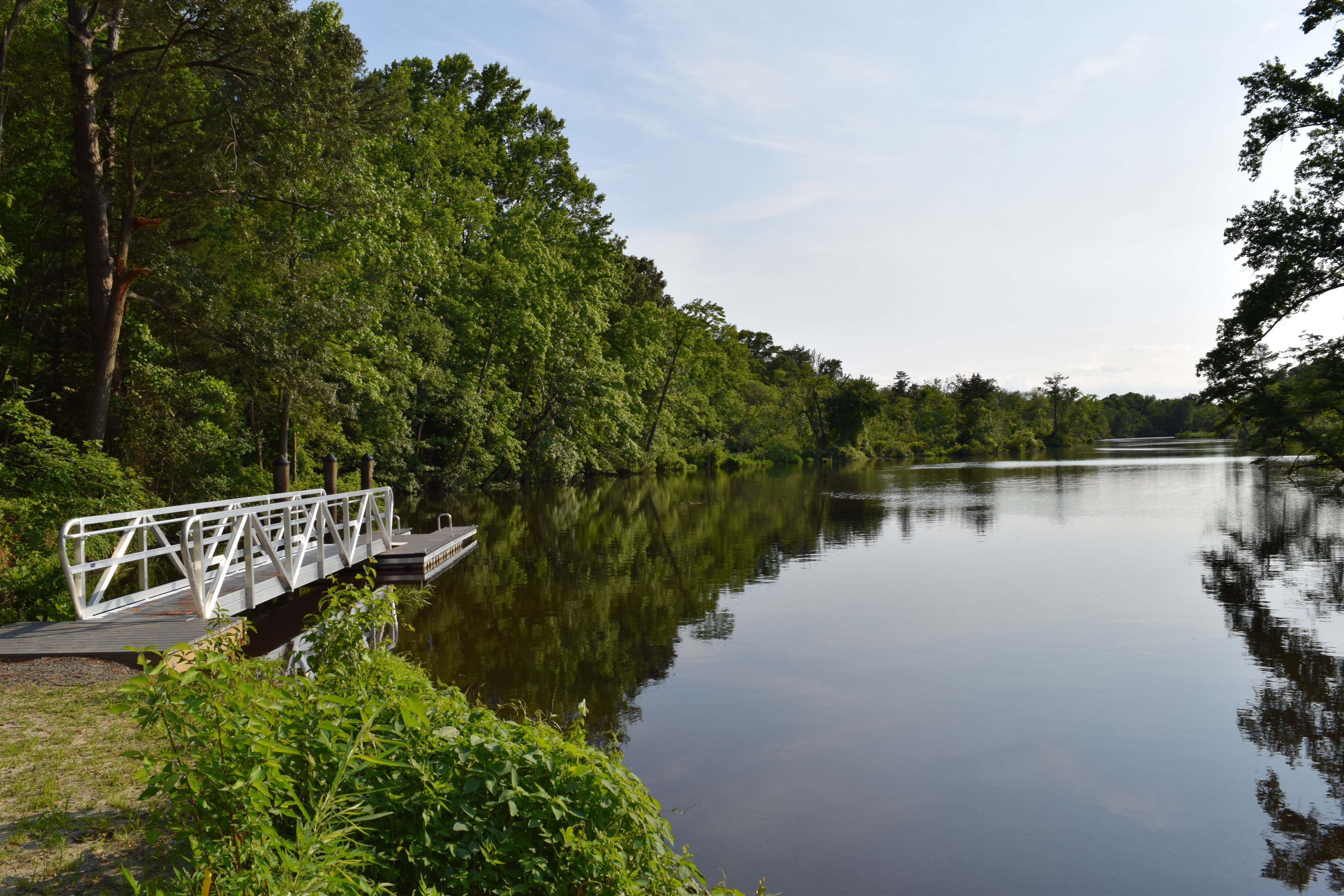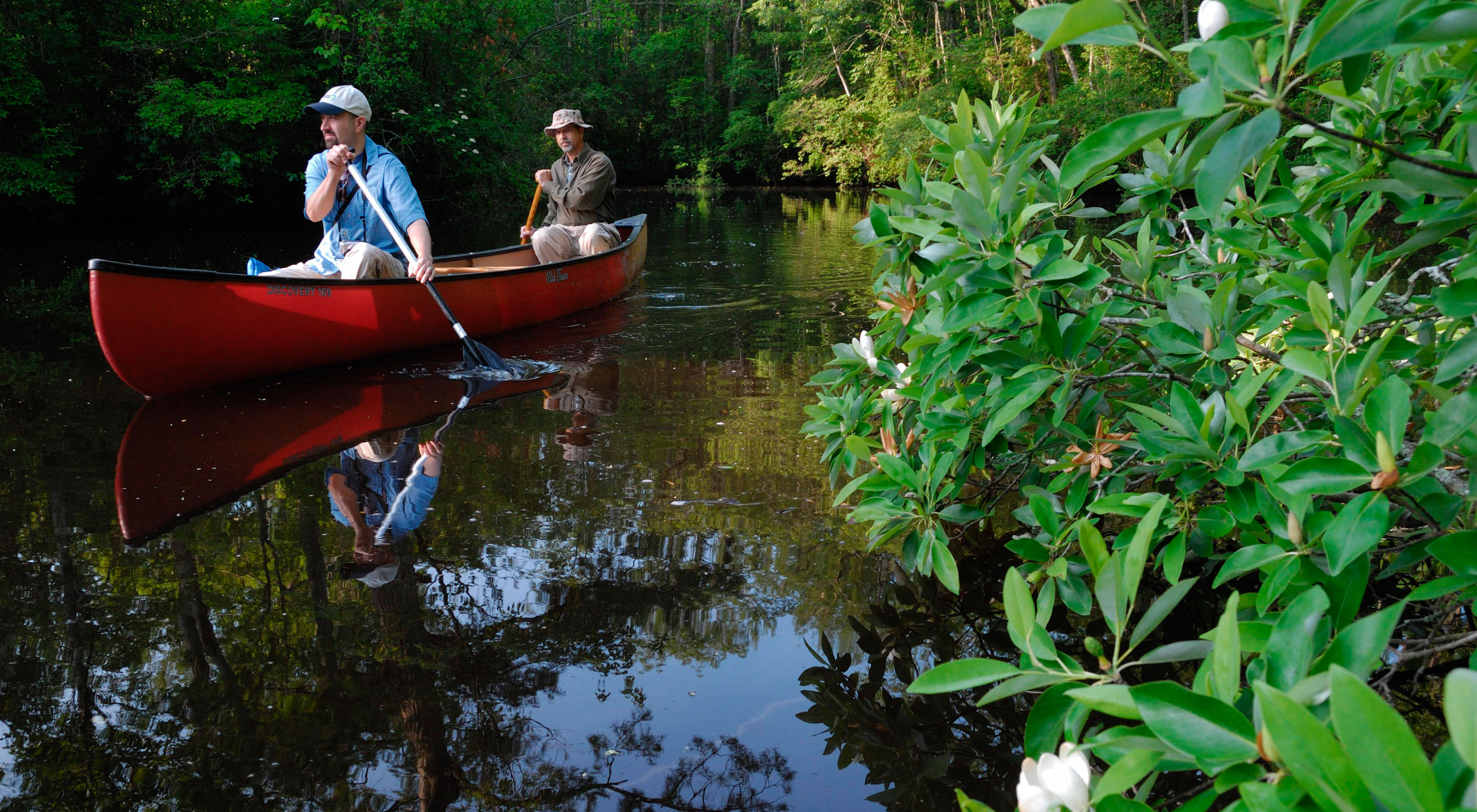Description
Third Haven Woods is one of the largest single blocks of forested upland not used for timber in the central Eastern Shore. It is a remnant of the forests that once covered much of the Delmarva Peninsula.
Although still relatively young, Third Haven will become an excellent example of old-growth forest in several hundred years.
The preserve provides habitat for a small population of the Delmarva fox squirrel (Sciurus niger cinereus), a recovering endemic subspecies that has been federally listed since 1973.
There are no facilities, trails or established parking areas at this preserve.






